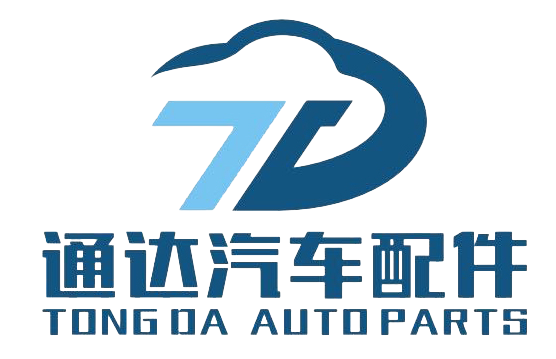How to Choose the Right Oil Filter for Your Vehicle
How to Choose the Right Oil Filter for Your Vehicle
The selection and replacement of oil filters are crucial in the daily maintenance of automobiles. As an important component of the engine lubrication system, the oil filter mainly filters impurities, metal debris, and particles generated by combustion in the engine oil, ensuring that the internal components of the engine receive clean and efficient lubrication, thereby extending the service life of the engine. Faced with the dazzling array of oil filter brands and types in the market, how to make wise choices and ensure that the selected products meet the requirements of the vehicle and can perform at their best is knowledge that every car owner should master. This article will elaborate on how to choose an oil filter that is suitable for your vehicle from the basic types of oil filters, selection principles, brand considerations, and replacement cycles.
###1、 Basic types of oil filters
Oil filters are mainly divided into two categories: full flow filters and split flow filters. Full flow filter refers to the filter that filters all the oil circulating in the lubrication system. It is suitable for most passenger cars and light commercial vehicles and can provide the best oil cleanliness. Split flow filters, on the other hand, only filter a portion of the engine oil and are commonly used in specific high-performance engines or older vehicle models to reduce resistance to oil flow and improve engine efficiency.
Further subdivision, full flow filters can be divided into rotary type, paper filter element type, and metal mesh type according to their structure and material. Spin on filters are widely popular due to their easy installation, good sealing, and quick replacement; Paper filter cartridge filters have high filtration efficiency and can effectively intercept small particles, but the filter cartridge needs to be replaced regularly; Metal mesh filters are still used in certain environments due to their durability and washability, but their filtration accuracy is relatively low.
###2、 Principles for selecting oil filters
1. Matching principle: Firstly, the selection of the oil filter must match the vehicle engine model, year, and manufacturer's recommendations. Vehicle manuals usually clearly list the applicable oil filter models, and following this guide is the foundation for ensuring compatibility and performance.
2. * * Performance considerations * *: Select filters with corresponding filtering efficiency, pressure resistance, and corrosion resistance based on the vehicle's usage environment (such as urban roads, highways, extreme weather areas) and driving habits (such as frequent start stop, long-distance driving). High performance engines often require higher standards of filters to maintain optimal engine operation.
3. * * Brand reputation * *: Choose well-known brands and legitimate channels for oil filters, which usually have stricter quality control systems and can provide more reliable filtration effects and longer service life. Avoid using counterfeit and inferior products to prevent damage to the engine.
4. * * Environmental Requirements * *: With the increasingly strict environmental regulations, choosing oil filters that meet or exceed current environmental standards, such as having better oil recycling and waste disposal capabilities, is a manifestation of environmental responsibility.
###3、 Brand considerations
There are many well-known oil filter brands in the market, such as MANN Filter, Bosch, MAHLE, ACDelco, etc., each with different technical characteristics and market positioning. When choosing, in addition to considering the brand's popularity and reputation, attention should also be paid to its research and development strength, modernization of production lines, and after-sales service network. These factors directly affect the quality of the filter and the user's subsequent experience.
###4、 Replacement cycle
The replacement cycle of the oil filter is usually synchronized with the oil change cycle, and it is recommended to follow the recommendations in the vehicle manual, usually every 5000 to 10000 kilometers or every six months to one year. In harsh driving conditions, such as dusty roads or high temperature environments, early replacement may be necessary. Regularly checking the filter for signs of leakage or blockage is also an important measure to maintain good engine condition.
###Conclusion
Choosing the appropriate oil filter for your vehicle is not only the foundation for ensuring the healthy operation of the engine, but also the key to improving the driving experience and extending the service life of the vehicle. Through the above principles and methods, car owners can choose and replace oil filters more scientifically, providing the best lubrication protection for their vehicles. Remember, correct maintenance decisions are often more cost-effective than expensive repair costs and are the wise choice of every car owner.

 EN
EN







































